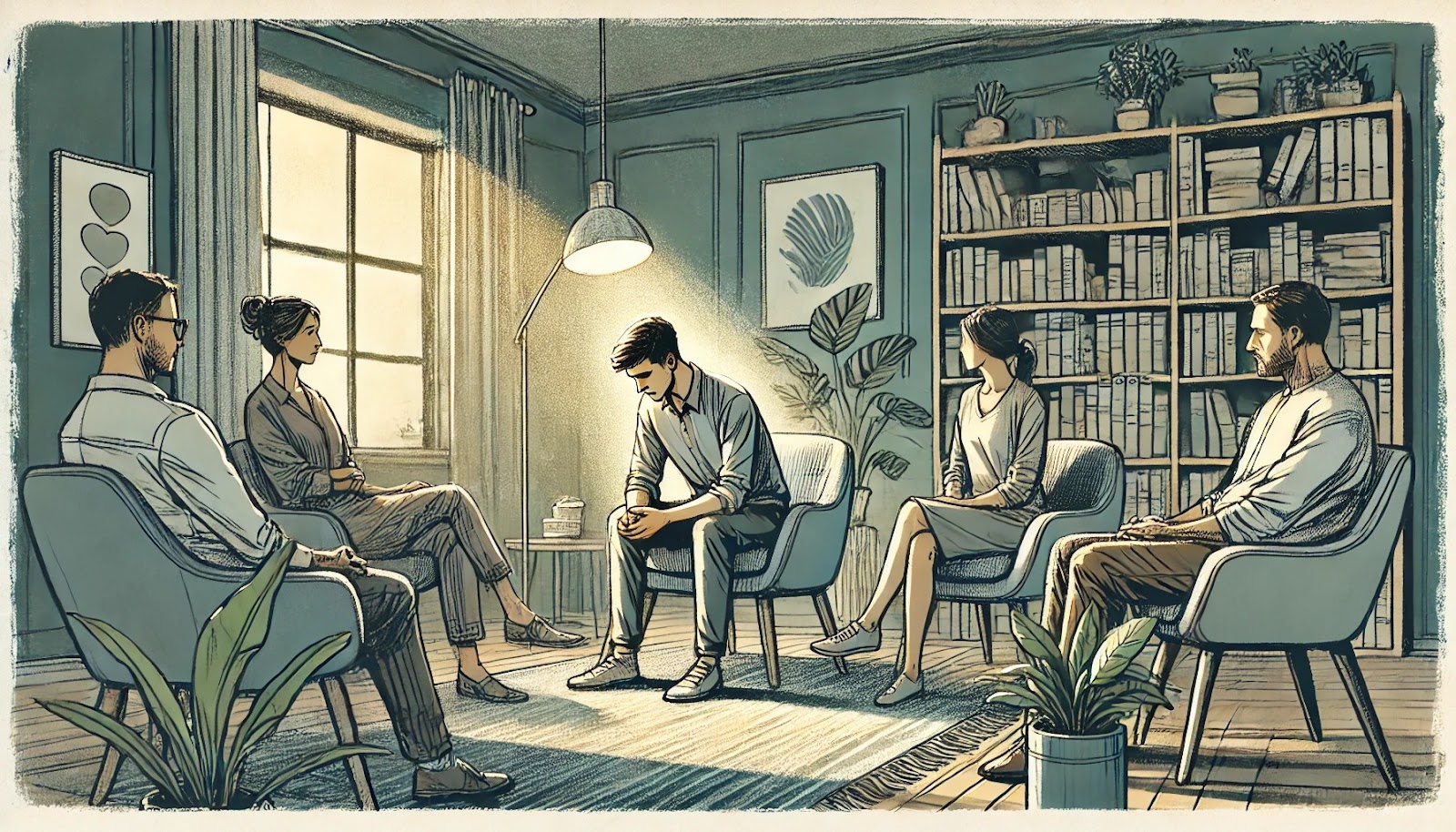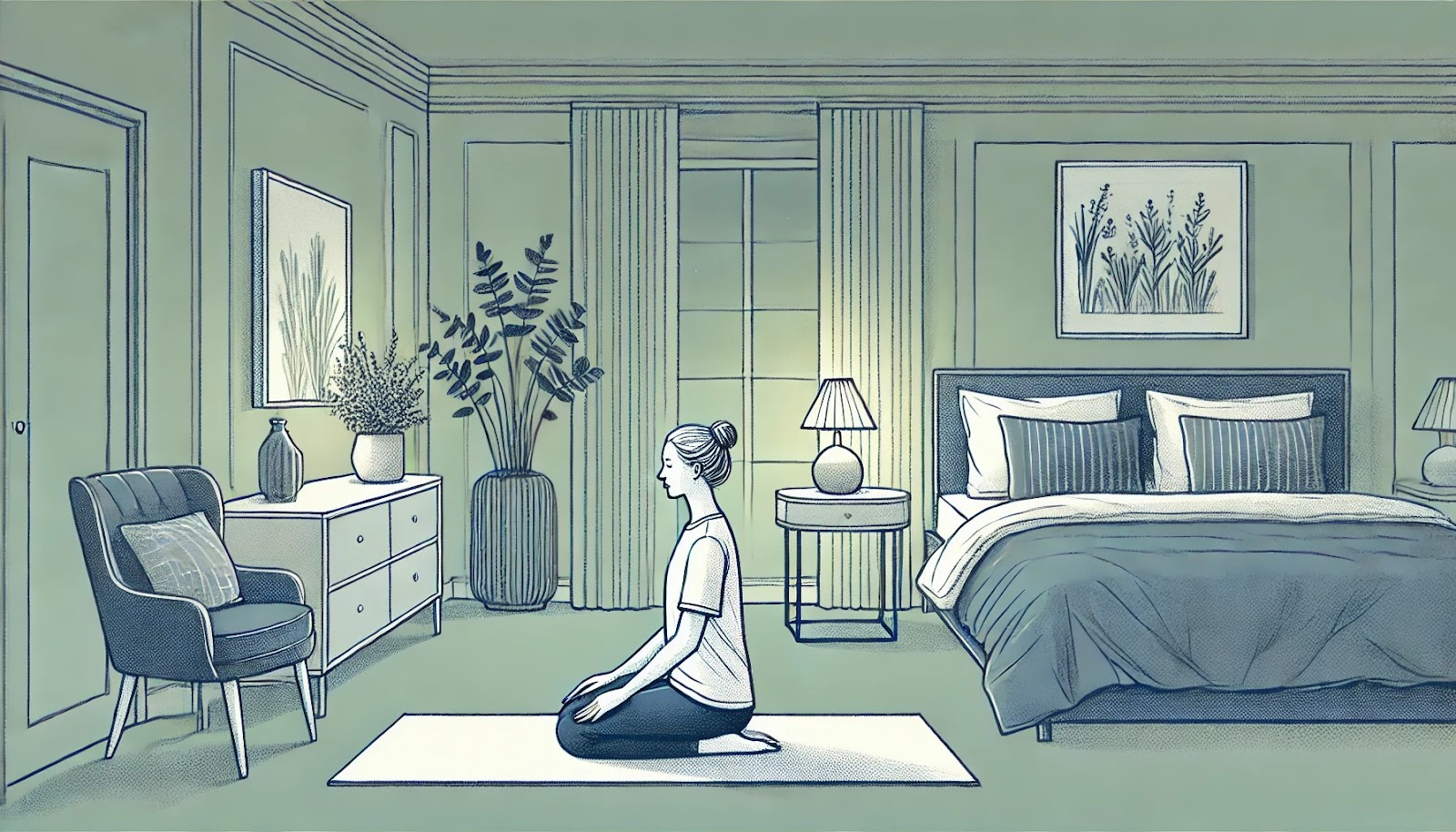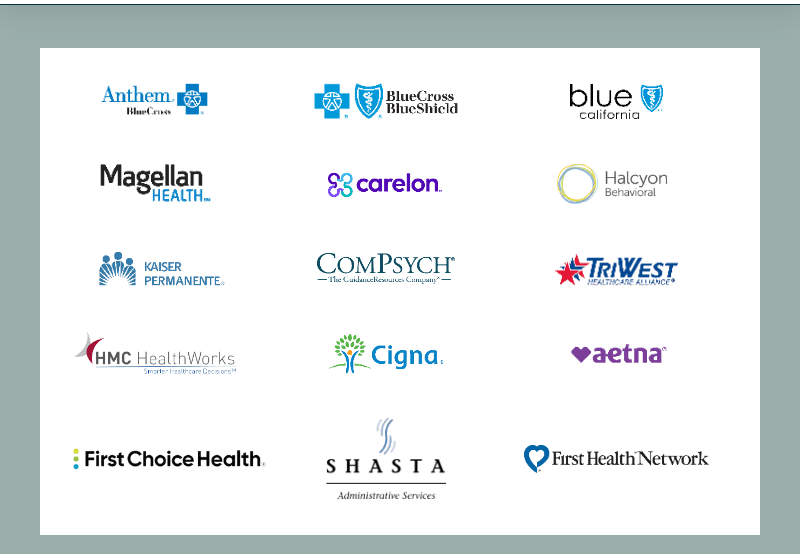
Key Takeaways
- Outpatient therapy centers in Washington offer flexible mental health treatment options without requiring overnight stays.
- Different types of therapy centers cater to specific needs such as mental health and physical rehabilitation.
- These centers treat conditions using various techniques including Cognitive Behavioral Therapy (CBT), mindfulness practices, and group therapy.
- Choosing the right center involves considering factors like location, therapist qualifications, and treatment approaches.
- Mission Connection offers comprehensive outpatient mental healthcare that fits into your regular life with flexible scheduling for both in-person and virtual telehealth services.
Washington Outpatient Therapy Centers Overview
In Washington, outpatient therapy centers provide essential mental health services, allowing you to get support while maintaining your daily life. These centers offer a variety of treatment options to address mental health concerns without requiring an overnight stay.
This flexibility makes outpatient therapy a great choice if you need professional help but can’t commit to full-time inpatient care.
Purpose and Benefits of Outpatient Therapy
The primary purpose of outpatient therapy is to offer a structured support system that allows you to work through your mental health challenges in a safe and professional environment.

Also, it provides a continuum of care that can be adjusted as you progress, ensuring that you receive the appropriate level of support throughout your healing journey.
Difference Between Outpatient and Inpatient Therapy
Outpatient therapy allows you to attend scheduled sessions while continuing to live at home. Its flexibility enables you to apply what you learn in therapy to your everyday life. This option is typically less intensive than inpatient therapy and is often recommended if you have mild to moderate mental health concerns.
In contrast, inpatient therapy requires you to stay at a treatment facility for the duration of your program. This more intensive option is usually reserved for individuals with severe mental health issues or those who need a structured environment to manage their condition.
With inpatient therapy, you receive 24-hour care and support, which can be essential if you are in crisis or need constant supervision.
| Mission Connection: Outpatient Mental Health Support Mission Connection offers flexible outpatient care for adults needing more than weekly therapy. Our in-person and telehealth programs include individual, group, and experiential therapy, along with psychiatric care and medication management. We treat anxiety, depression, trauma, and bipolar disorder using evidence-based approaches like CBT, DBT, mindfulness, and trauma-focused therapies. Designed to fit into daily life, our services provide consistent support without requiring residential care. Start your recovery journey with Mission Connection today! |
Types of Outpatient Therapy Centers
Standard Outpatient Programs (OP)
Standard outpatient programs offer you the most flexible level of professional mental health care. You typically attend therapy sessions once or twice per week, with appointments scheduled around your work, school, and other commitments.
These programs are ideal if you have mild to moderate mental health concerns, a stable living situation, and a strong support system. Standard outpatient care allows you to immediately apply therapeutic skills in your daily life while maintaining your normal routine and responsibilities.
Intensive Outpatient Programs (IOP)
IOPs provide you with a higher level of care than standard outpatient treatment while still allowing you to live at home. These programs typically require attendance 3-5 days per week for 3-4 hours per day, with both daytime and evening options to fit your schedule.
IOPs are especially effective if you need more support than weekly therapy but don’t require 24-hour supervision.
IOPs commonly treat conditions like depression, anxiety disorders, and eating disorders, often serving as a step-down from residential treatment or a step-up from standard outpatient care.
Partial Hospitalization Programs (PHP)
PHPs offer you the most intensive form of outpatient therapy, often called “day treatment.” You attend programming 5-7 days per week for 6-8 hours daily, then return home each evening. These programs provide comprehensive care similar to inpatient treatment but without overnight stays.
PHPs are designed if you have a serious mental health condition and need significant structure and support while still being able to return home safely each night. They often serve as an alternative to hospitalization or as a transitional level of care after inpatient treatment.
Telehealth-Based Virtual Programs
Virtual outpatient mental health programs provide you with structured treatment entirely online through secure video platforms. These programs range from standard outpatient care to intensive virtual IOPs and PHPs, following similar schedules and treatment approaches as in-person options.
With virtual programs, you can access therapy sessions, group work, skills training, and medication management remotely. This makes mental health care more accessible if you face transportation barriers, physical limitations, or live in a rural area with limited local resources.
Many virtual programs also offer technology assistance and digital resources to keep you engaged in treatment. Advanced features like interactive elements, secure messaging with providers, and digital tracking tools help you monitor progress between sessions.
Techniques Utilized in Outpatient Therapy Centers
Talk Therapy and Counseling

The goal is to help you understand and manage their mental health issues effectively. Talk therapy can be conducted one-on-one or in group settings, depending on your preferences and needs.
In talk therapy, a therapist work collaboratively with you to set goals and develop strategies for achieving them. This process not only provides immediate support but also empowers you with skills they can use long after therapy concludes.
Cognitive Behavioral Therapy (CBT)
Cognitive Behavioral Therapy (CBT) is a widely used therapeutic approach in outpatient settings. It focuses on identifying and changing negative thought patterns and behaviors that contribute to mental health issues. CBT is particularly effective for treating conditions like depression, anxiety disorders, and PTSD.
During CBT sessions, you learn to recognize distorted thinking and develop healthier thought processes. For example, someone with social anxiety might work on challenging their fear of judgment by gradually exposing themselves to social situations in a controlled manner.
This evidence-based approach is highly structured and typically involves homework assignments to reinforce learning outside of therapy sessions.
Group Therapy Sessions
Group therapy offers a unique therapeutic experience by bringing together individuals facing similar challenges.

Group sessions are facilitated by trained therapists who guide discussions and ensure a safe environment for all participants. These sessions can help you feel less isolated and provide you with valuable insights from peers who have navigated similar struggles.
Mindfulness and Stress Reduction
Mindfulness practices help you manage stress and improve your overall well-being. These techniques encourage you to focus on the present moment, reducing anxiety and enhancing emotional regulation.
Mindfulness-based stress reduction (MBSR) programs often include meditation, breathing exercises, and gentle yoga. These practices can be particularly beneficial if you’re dealing with chronic stress, anxiety, or depression.
By cultivating a mindful approach to life, you learn to respond to challenges with greater calm and clarity.

Factors to Consider Before Choosing a Therapy Center
Location and Accessibility
Choose a center that is conveniently located, either close to your home, workplace, or school. This proximity can reduce travel time and make it easier to fit therapy sessions into your schedule.
Accessibility is also important if you have mobility challenges. Ensure that the center is equipped with facilities that accommodate your needs, such as wheelchair access or transportation services.

Therapist Qualification and Experience
When selecting a therapy center, pay close attention to the qualifications and experience of the therapists. Look for professionals who are licensed and have specialized training in the areas relevant to your mental health concerns. Experienced therapists are more likely to provide effective treatment and support.
Treatment Approach and Specialization
Different therapy centers may specialize in various treatment approaches or focus on specific populations. Some centers might excel in treating, while others may focus on family therapy or trauma recovery. Understanding the center’s specialization can help you determine if it’s the right fit for your needs.
Insurance and Cost Factors
Financial considerations are an important aspect of choosing a therapy center. Check whether the center accepts your insurance plan and what costs are covered. Understanding your insurance benefits can help you avoid unexpected expenses.
If you’re paying out-of-pocket, inquire about the cost of sessions and any available payment plans. Some centers offer sliding scale fees based on income, making therapy more affordable for those with limited financial resources.

Your Path to Wellness with Mission Connection

If you’re struggling with anxiety, depression, trauma, or other mental health challenges, our comprehensive approach ensures you receive personalized treatment that fits your unique needs and lifestyle. From standard outpatient programs to more intensive options, we provide flexible scheduling that works around your commitments.
What truly sets Mission Connection apart is our team of licensed therapists who utilize evidence-based approaches including CBT, Dialectical Behavior Therapy (DBT), Eye Movement Desensitization and Reprocessing (EMDR), and trauma-focused therapies to help you build lasting resilience.
Our modern facility creates a calming environment conducive to healing, while our telehealth options bring professional care directly to your home. We understand that seeking help can be challenging, which is why we’ve streamlined the process with complimentary assessments and insurance verification.
At Mission Connection, we’re not just treating symptoms, we’re empowering you to reclaim your life.
Frequently Asked Questions (FAQ)
How long does outpatient therapy typically last?
Outpatient therapy duration varies based on individual needs and goals. Some individuals may attend therapy for a few months, while others may continue for a year or more. Progress is regularly evaluated, and therapy can be adjusted to meet changing needs.
Can outpatient therapy be as effective as inpatient therapy?
Yes, outpatient therapy can be as effective as inpatient therapy for many individuals, particularly those with mild to moderate mental health concerns. The flexibility of outpatient therapy allows clients to integrate treatment into their daily lives, which can lead to sustainable improvements.
What should I bring to my first therapy session?
For your first therapy session, bring any relevant medical or psychological records, a list of current medications, and a notebook to jot down important points. Be prepared to discuss your mental health history and goals for therapy.
How do I know if outpatient therapy is right for me?
Outpatient therapy is suitable for individuals who require support but can maintain their daily responsibilities. If you’re unsure, consult with a mental health professional who can assess your situation and recommend the best treatment option for your needs.
What type of treatment is offered at Mission Connection?
Mission Connection provides comprehensive outpatient mental healthcare including individual therapy, group therapy sessions, and medication management if needed. Our therapeutic approaches include CBT, DBT, mindfulness, and other evidence-based modalities customized to address your specific mental health needs.







